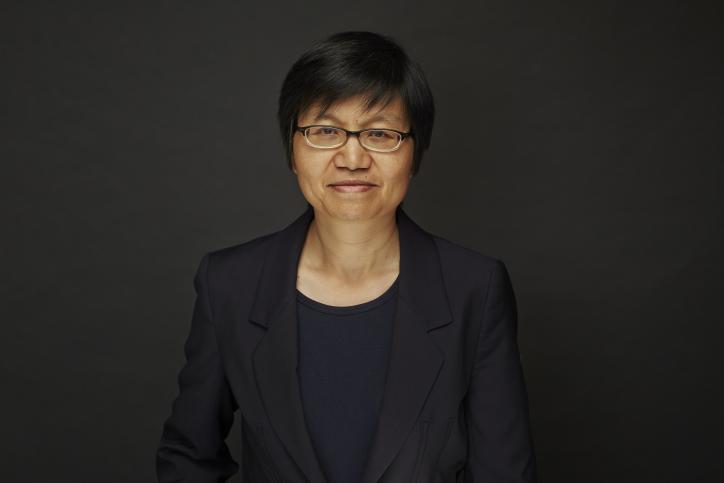Nursing Professor Receives International Association for Dental Research Award
NYU professor Bei Wu was recently honored with the 2017 International Association for Dental Research Distinguished Scientist Award for Geriatric Oral Research.
April 24, 2017
Rory Meyers College of Nursing professor Bei Wu is a relatively new member of NYU’s faculty. Her work focuses specifically on an under-explored corner of healthcare — geriatric oral health.
Her work has been so pioneering that her research on oral health, cognitive function and diabetes in global elderly communities earned her the International Association for Dental Research’s Distinguished Scientist Award for Research in Geriatric Oral Health earlier this year. Recipients of the award must have conducted original and important investigations into the oral health of older adults.
Wu has a P.h.D. in gerontology and focuses primarily on trends, trajectories and disparities of oral health in older adults, and oral health in relation to cognitive impairment and diabetes, giving her published work a unique angle.
Washington Square News sat down with Wu to discuss her research initiatives and aspirations for her career at NYU.
Washington Square News: Could you explain the focus of your research?
Bei Wu: One area of my research is geriatric dentistry, which focuses on improving oral health for persons with cognitive impairment. We looked at the interrelationships between oral health and cognitive impairment and oral health disparities in the United States, with a particular focus on older adults. For the past decade our team has published a significant amount of work in this area. We are one of the pioneers to work in this area which is oral health and cognitive impairment. That’s why some of our work has national and international attention including mainstream media. We also examined the trends of tooth loss among individuals with diabetes and without diabetes across different ethnic groups over a 40-year period using national data.
WSN: What was your testing and experimenting process like for this research?
BW: I am not a bench scientist. Some of my work is using large national and epidemiological data to advance our knowledge in the field. Currently, we have an ongoing study which is a small pilot clinical trial that is to work with family members to improve oral health for persons with mild dementia. This intervention study is built on our previous work using data from several epidemiological studies. The knowledge generated from our previous studies provided evidence for us on what our intervention should be targeted to and what study population our study should enroll.
WSN: What role did NYU play in all of this?
BW: I moved to NYU last September. I was at Duke University before. So – my team members are from several universities including Duke, University of Michigan and UNC Chapel Hill. At NYU, I have started to develop a team. Recently I convened a team which includes a few faculty at NYU, including faculty at NYU’s Rory Meyers College of Nursing, the College of Dentistry and NYU’s Langone School of Medicine. We submitted two proposals to NIH. I think students will be vital for this kind of research. When I was at Duke, my students served as research assistants to help run some statistical analysis, and help with literature review. Students are vital and they will serve an important role on my team in the future as I continue my work. Without students and without research assistants, this kind of work will be difficult to do.
Edit: this original article was published with an inaccurate transcript. Washington Square News apologizes for any misinterpretations caused by the incorrect quotes.
A version of this article appeared in the Monday, April 24 print edition.
Email Miranda Levingston at [email protected].

























































































































































